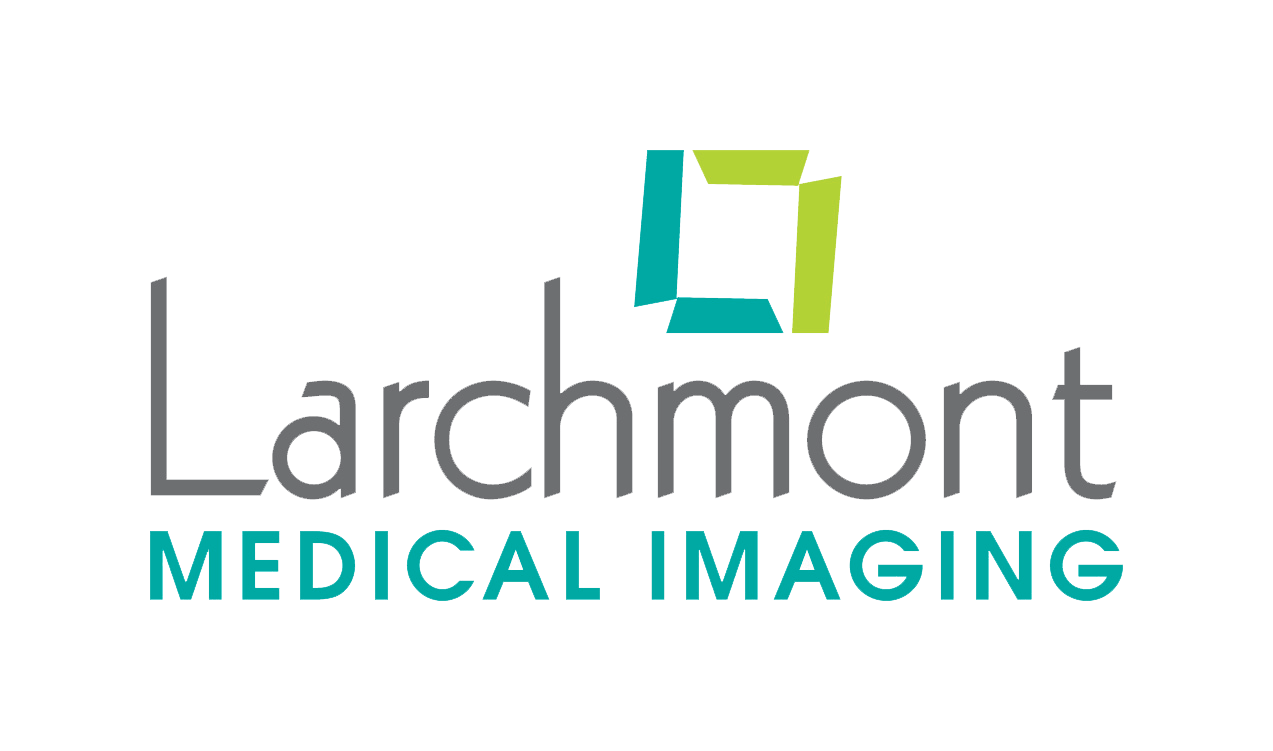How Do Hormonal Changes Affect Breast Health?

Hormones play a big role in a women’s health throughout her lifetime. Hormonal changes naturally occur in women and change during certain periods of time, including pregnancy and menopause. As these hormonal changes occur, physical changes in the body may take place, including the breasts. Hormone imbalances are very common and can trigger a variety of symptoms. The awareness and understanding of these natural hormonal progressions throughout your lifetime can help you develop healthy habits including annual screening mammograms and know when to seek guidance from your healthcare provider.
What Are Hormones?
Think of hormones as the messengers of information throughout the body. Hormones are chemicals produced by the endocrine glands and released into the bloodstream to travel throughout the body. Hormones help regulate many bodily functions including appetite, energy, mood, and sexual and reproductive health. If a hormonal imbalance (too much or too little) occurs, you may feel a wide range of symptoms depending on the type of hormone being affected. Here are the main hormones that can affect a woman’s overall health:
- Adrenaline – When you undergo physical or mental stress, your adrenal gland secretes adrenaline to increase blood circulation to improve breathing and muscle exertion.
- Estrogen – The role of estrogen is crucial in reproductive and sexual development, which begins when a person reaches puberty. Most of the estrogen is produced in the ovaries, while the remaining amounts are produced by the adrenal glands and fat cells.
- Growth hormones (GH) – The job of growth hormones is to stimulate growth including tissue repair, cell reproduction, and muscle repair. The production of natural growth hormones stems from the pituitary gland in the body.
- Insulin – The primary purpose of insulin is to regulate and manage the body’s energy by balancing nutrient levels including blood sugar (glucose) levels. Insulin is produced by the pancreas.
- Progesterone – The ovaries, adrenal glands, and placenta produce progesterone. Progesterone stabilizes menstrual cycles and prepares the body for pregnancy.
- Testosterone – The main sex hormone in males is also present in small amounts in females. Testosterone in females supports fertility, red blood cell production, tissue repair, and menstruation.
- Thyroid hormones – These hormones are vital for the female reproductive system. Their main purpose is to regulate metabolism and develop the ovarian, uterine, and placental tissues.
What Factors Cause Hormonal Changes?
Your hormone levels fluctuate throughout your life based on many different factors, especially reproductive stages. This can lead to physical and mental health changes.
- Perimenopause – Before menopause, there is a period where various symptoms may occur such as irregular periods, hot flashes, vaginal dryness, and breast soreness. The levels of estrogen begin to fluctuate and prepare for menopause causing hormonal changes.
- Post menopause – As breast tissue becomes less dense after menopause, breasts may become smaller due to the loss of tissue, so they do not appear or feel as firm.
- Pregnancy – While you are pregnant, hormone production increases. Your body increases the amount of estrogen and progesterone in the body, which causes breasts to get larger and become more tender. Commonly, women who are pregnant may experience nipple discharge, bumps on the areolas, and lumps in their breasts.
- Menopause – During menopause, the production of estrogen drastically decreases. The symptoms of menopause include hot flashes, mood changes, night sweats, difficulty concentrating, and breast soreness.
- Menstrual cycles – The production of estrogen increases early in the menstrual cycle, which causes your breast to swell and become tender. A diet that consists of high amounts of fat and caffeine can contribute to breast swelling.
How Does Age Influence Breast Health?
As a woman ages, hormonal and other factors influence your breast health. As time passes, abnormal changes in their cells become more likely to occur. Your breast health undergoes the most changes between the ages of 40 – 70. During this time, your risk of developing breast cancer is the highest. According to the National Cancer Institute (NCI), the risk that a doctor will diagnose breast cancer in a female in the United States is:
- 1 in 227 (0.44%) for ages 30 – 39
- 1 in 68 (1.47%) for ages 40 – 49
- 1 in 42 (2.38%) for ages 50 – 59
- 1 in 28 (3.56%) for ages 60 – 69
As outlined above, you can see a dramatic shift when a woman reaches her 40s. That is why many breast imaging experts including ourselves, recommend annual screening mammograms to start at age 40. An annual screening mammogram helps set a baseline for breast health and track subtle changes year-over-year to improve early detection.
What Are My Options?
When looking for a breast imaging provider that is right for you, you want to keep in mind the stages of life where hormone fluctuations are at their highest. The right breast imaging provider should be a convenient and comfortable option for you. The American College of Radiology (ACR) provides a free tool to use to discover highly regarded breast imaging centers near you. Under the “Designation” drop-down, you will see an option to select “Breast Imaging Center of Excellence,” a nationally recognized accreditation that is only attainable by thought leaders in breast imaging.
Why Should I Choose Larchmont Medical Imaging?
Recognized as one of the region’s only Breast Imaging Centers of Excellence (BICOE), Larchmont Medical Imaging provides diagnostic and advanced women’s imaging studies including annual screening mammograms in the South Jersey and Philadelphia areas. Our team of breast imaging experts provides comprehensive and compassionate care through every step of your journey to maintain your breast health. Across our four convenient locations, we offer annual screening mammograms that take less than 15 minutes. With same-day and next-appointments available, making your breast health a priority has never been easier.
To schedule your annual screening mammogram, fill out a request an appointment form or reach out to any of the following locations below:
- Medford Women’s Center – Medford, NJ
- Mount Laurel Women’s Center – Mount Laurel, NJ
- Moorestown Office – Moorestown, NJ
- Willingboro Office – Willingboro, NJ
Meet our board-certified, subspecialized radiologists who read and interpret our studies at Larchmont Medical Imaging here.
Frequently Asked Questions
Hormones are chemicals produced by the endocrine glands and released into the bloodstream to regulate various bodily functions. They act as messengers, helping to control appetite, energy, mood, and sexual and reproductive health. Different hormones, such as adrenaline, estrogen, growth hormones, insulin, progesterone, testosterone, and thyroid hormones, play essential roles in a woman’s overall health.
As women age, hormonal and other factors affect breast health. Between the ages of 40 and 70, breast health undergoes the most changes, and the risk of developing breast cancer increases. Annual screening mammograms are recommended starting at age 40 to establish a baseline for breast health and detect any subtle changes early.
When choosing a breast imaging provider, consider the stages of life where hormone fluctuations are significant. Look for providers that offer convenience and comfort. The American College of Radiology (ACR) provides a tool to find highly regarded breast imaging centers near you. The “Breast Imaging Center of Excellence” designation is a nationally recognized accreditation that signifies excellence in breast imaging.
Larchmont Medical Imaging is recognized as one of the region’s Breast Imaging Centers of Excellence (BICOE). We provide diagnostic and advanced women’s imaging studies, including annual screening mammograms, in the South Jersey and Philadelphia areas. The team of breast imaging experts at Larchmont Medical Imaging offers comprehensive and compassionate care. With four convenient locations and quick appointment availability, prioritizing your breast health has never been easier.
To schedule your annual screening mammogram, fill out a request an appointment form, or contact any of the following locations:
